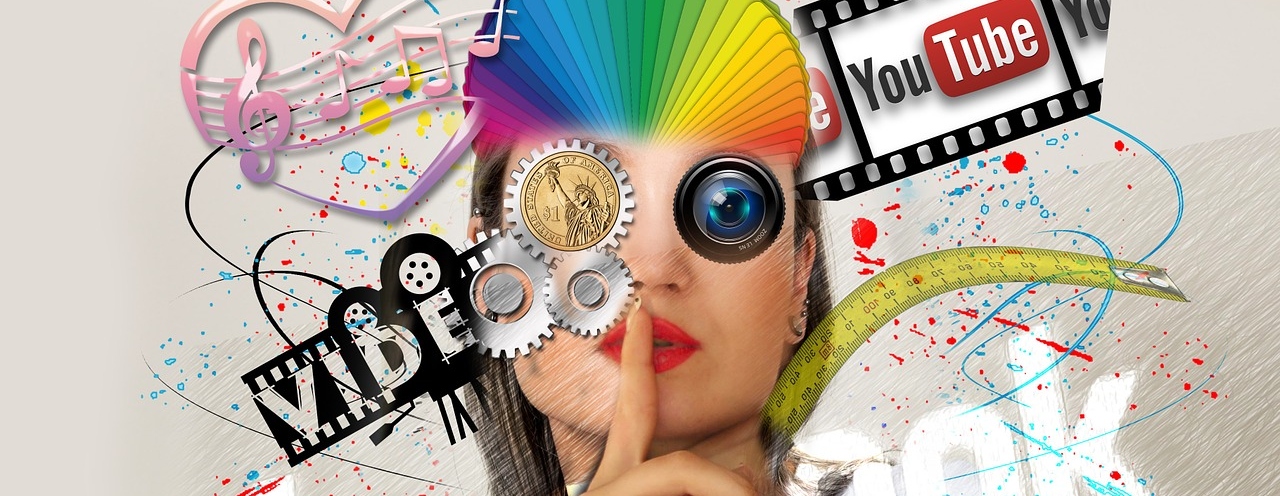
This Week’s Insights: NEA study says arts attendance is up across America… Print versus screen versus audio… The disappearance of our professional critics… YouTube stars are burning out… Arts education is disappearing from UK schools and it’s changing audience demographics.
- The NEA Says Arts Attendance Is Up: Looking at the trends in the US, attendance at both visual and performing arts events is up significantly over the past five years, although it has yet to climb back to 2002 levels. In the 2017 survey, 43.4 percent of American adults—nearly 107 million people—reported they attended a live arts performance during the previous 12 months. That’s up significantly from 40.2 percent in 2012. One downside: it reports the percentage of American adults who read novels or short stories has declined over the past five years, from 45.2 percent in 2012 to 41.8 percent in 2017. But the percentage who read poetry has increased over that same period, from 6.7 percent to 11.7 percent. So what to make of these numbers? As background climate information perhaps they’re useful. But until the data methodologies get more refined, there’s not a lot specific to act on.
- Reading: Screens Versus Print Versus Audio: People thought e-reader tablets would transform reading. But it hasn’t quite been the revolution it was predicted to be. The segment of the “book” market that has been growing like crazy is audio. So now we want to know – how much do you retain in the various formats. And in trying to find the answers, there are some interesting comparisons about how people “read.” For example, if you’re reading, it’s pretty easy to go back and find the point at which you zoned out. It’s not so easy if you’re listening to a recording. Especially if you’re grappling with a complicated text, the ability to quickly backtrack and re-examine the material may aid learning, and this is likely easier to do while reading than while listening.
- Critics Roles And Judging The Arts: There are fewer professional critics, for one thing. And in the debate about the role of critics, for the moment at least, the consumer reports role has decisively beaten the informed, thoughtful reactor role. So RottenTomatoes and user ratings have more weight, and the profession that trained and built critical discourse around the arts is on the decline. Or is it? Fewer publications have staff critics, and pay for critical reviews is substantially down. But an army of amateur critics have stepped up and there is plenty of good writing on the arts. What is indisputable though, is that coverage of the arts in a serious, journalistic way is all but gone outside of the biggest publications in the biggest cities.
- YouTube Stars Are Flaming Out! One of the phenomena of the social media era has been the rise of social media stars – those who gain millions of followers for their postings. Along with large audiences, these stars have turned themselves into lucrative media empires. All supported and powered by legions of fans. But the attention is difficult to sustain, and recently, some of the biggest stars have flamed out. “Human brains really aren’t designed to be interacting with hundreds of people every day,” he says. “When you’ve got thousands of people giving you direct feedback on your work, you really get the sense that something in your mind just snaps. We just aren’t built to handle empathy and sympathy on that scale.”
- A Shocking Decline In Arts Education In UK Schools: “Behind the shocking news of the plummeting numbers of arts teachers in English secondary schools is the equally troubling reality of how few arts teachers there are in total. We are all, of course, concerned to see the number of music teachers, for example, move from 8,000 to 6,500, but may miss the fact that there are 34,000 Maths teachers, 37,000 English and 40,000 teaching Science. Put this way we can see the numbers that would be needed for the arts to reach all students in years 7-13.” Current debates about social class in the arts miss a vital point. How are working class young people going to access the arts if they don’t experience them in school?
Leave a Reply